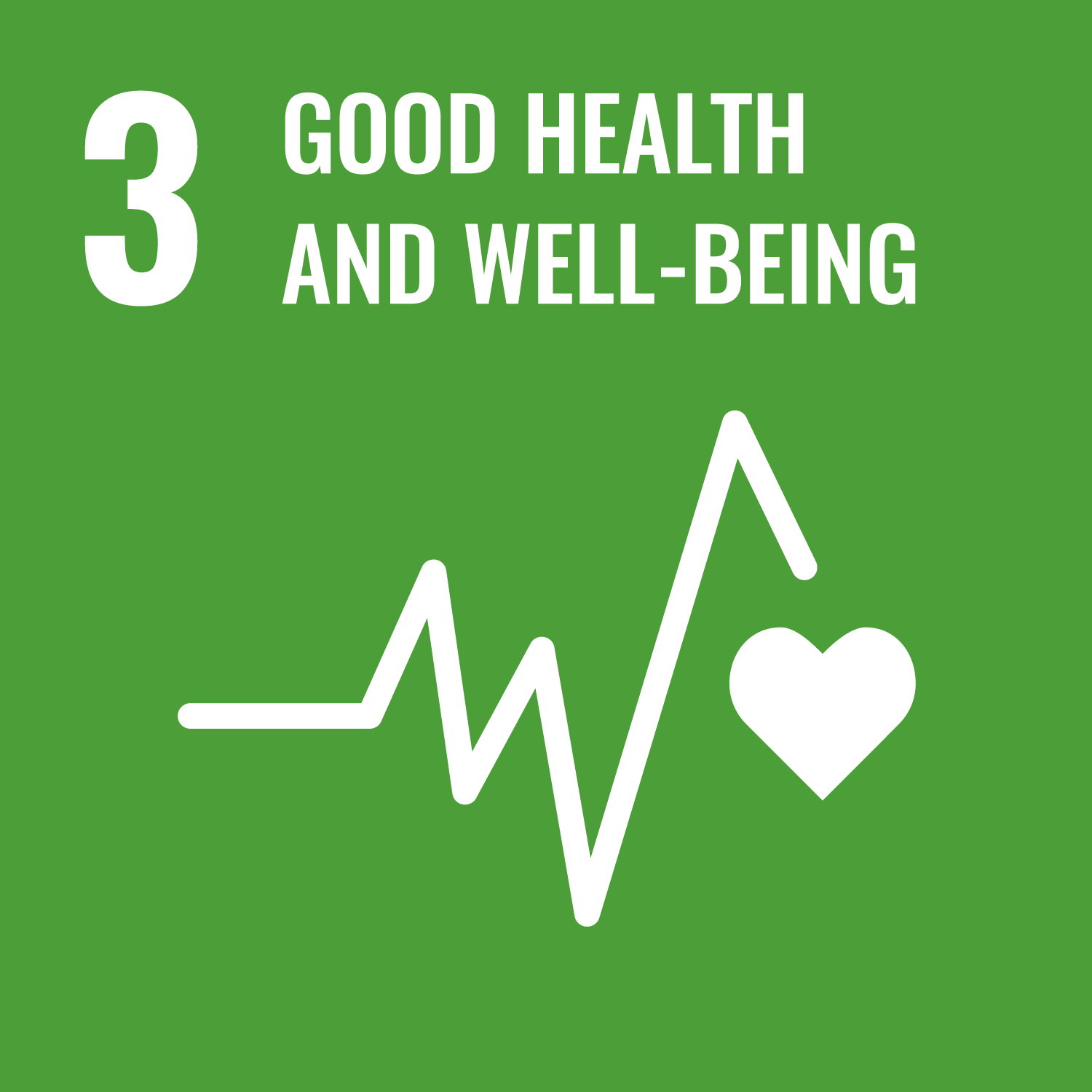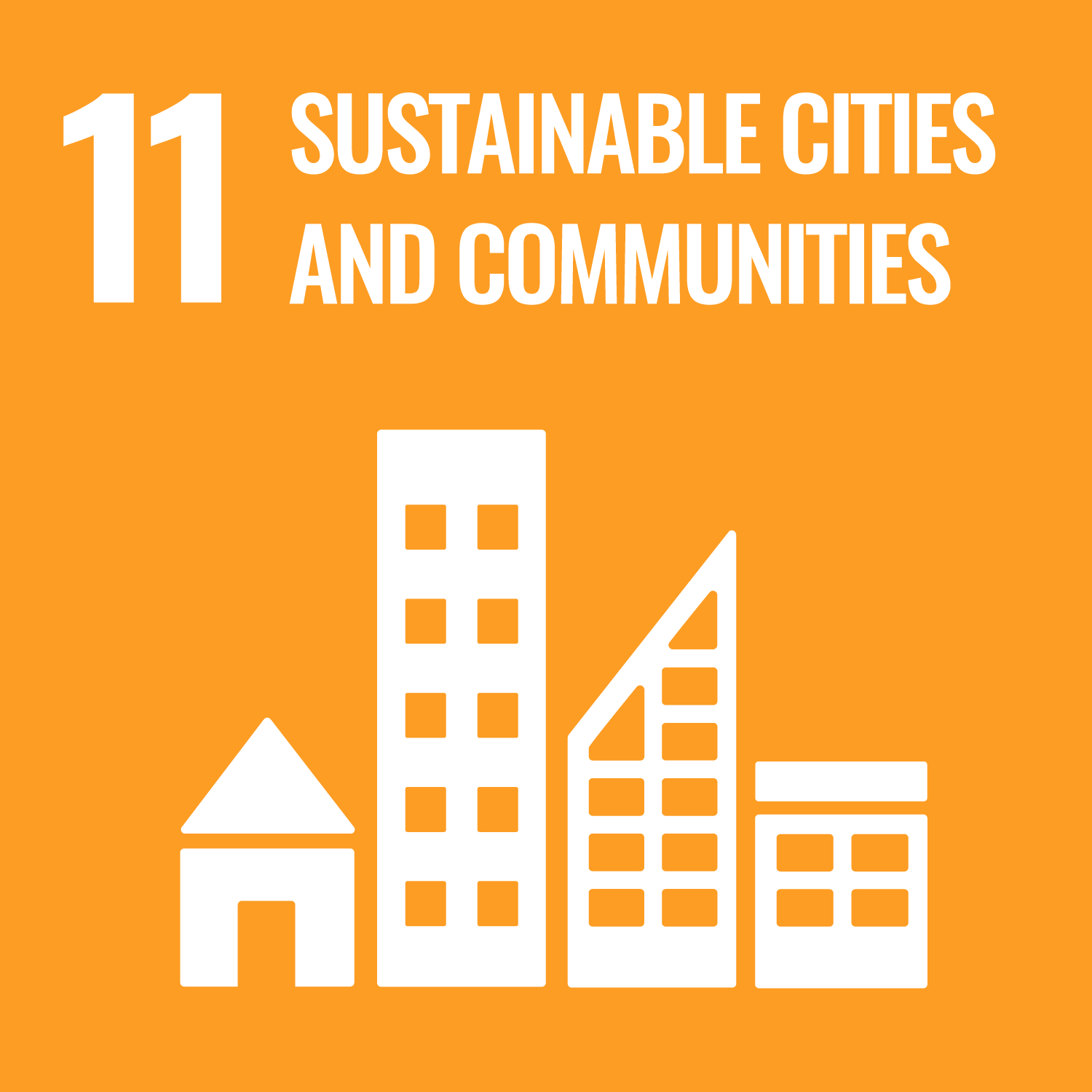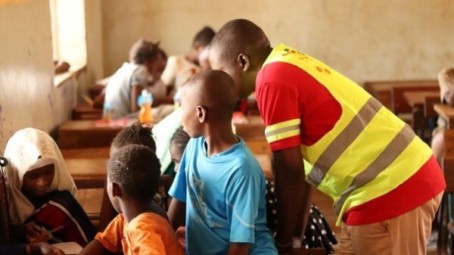Don’t Take Your Eyes Off The Road
The critical case for ongoing road safety investment
As the world responds to the COVID-19 pandemic, the ongoing road safety pandemic has had a temporary reprieve as road traffic volumes have fallen with governments globally taking unprecedented steps to reduce virus contagion. The economic impacts, of course, will be profound.
Worryingly, a new threat may well emerge. Road safety stakeholders the world over predict that road trauma and the consequential health impacts across the globe will rise dramatically if investment by governments and the private sector is reduced or does not continue.
2020 is the final year of the UN Decade of Action for Road Safety. The positive outcome has been that the global rate of road trauma, as measured by deaths per 100,000 population, has stabilized at what is still an unacceptable level of 18.2. Nonetheless, in spite of ten years of effort, the number of global deaths continues to increase and is now estimated at 1.4 million killed per year. In addition, modelling demonstrates that at least another 14 million are seriously injured annually. All seriously injured victims require medical care and rehabilitation. Many will be unable to work for long periods, and for many, the disabilities are permanent.
Existing global costs from road trauma are staggering. This year, the World Bank reported that in low-and middle-income countries alone, fatal and serious crash injuries were estimated to cost $1.7 trillion – or an average of 6.5% of GDP. These costs do not account for the grief and the tragic impacts on families across the world.
These sobering facts represent the results of road safety investment up until now.
In the post COVID-19 world, we anticipate even greater pressure and risk on the world’s roads.
- Driver stress, higher fatigue levels and work-related pressure is likely to increase.
- It is likely that drug and alcohol misuse will increase.
- Transport operators may be pressured to attempt to reduce costs by extending vehicle maintenance periods, compromising vehicle safety standards and neglecting driver training.
- There may be pressure for drivers to exceed speed limits and increase driving hours.
- Conflicting priorities for police may result in reduced enforcement.
- Maintenance of road networks may decline.
- Public awareness campaigns may be reduced as funding is diverted to other essential programmes.
- Driver distraction may increase as populations suffer from the potential mental health consequences of job losses, bereavement etc. – adding to risk, particularly for cyclists, pedestrians and motorcyclists.
The direct and catastrophic consequence of failing to maintain investment in effective road safety measures is likely to see an increase in victims entering the world’s already pressured health systems. Systems that will need to find a way to manage those cost increases in the context of the large economic and social cost of COVID-19.
The case for ongoing investment in evidence-based road safety measures has never been more compelling. Please, don’t take your eyes off the road.
David Cliff,
CEO, Global Road Safety Partnership
You can download the English PDF version of this message HERE and the Spanish PDF version of the message HERE.






